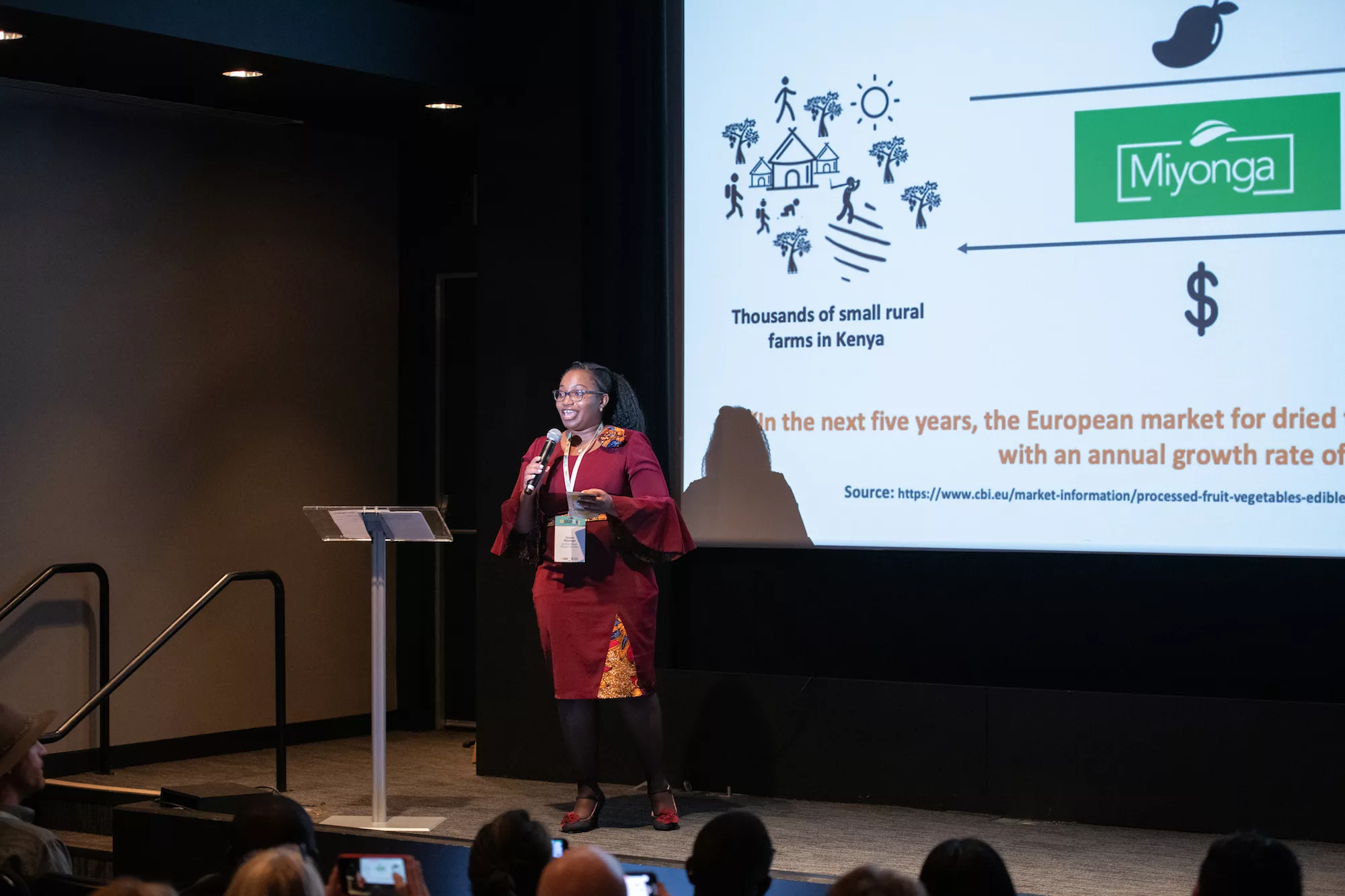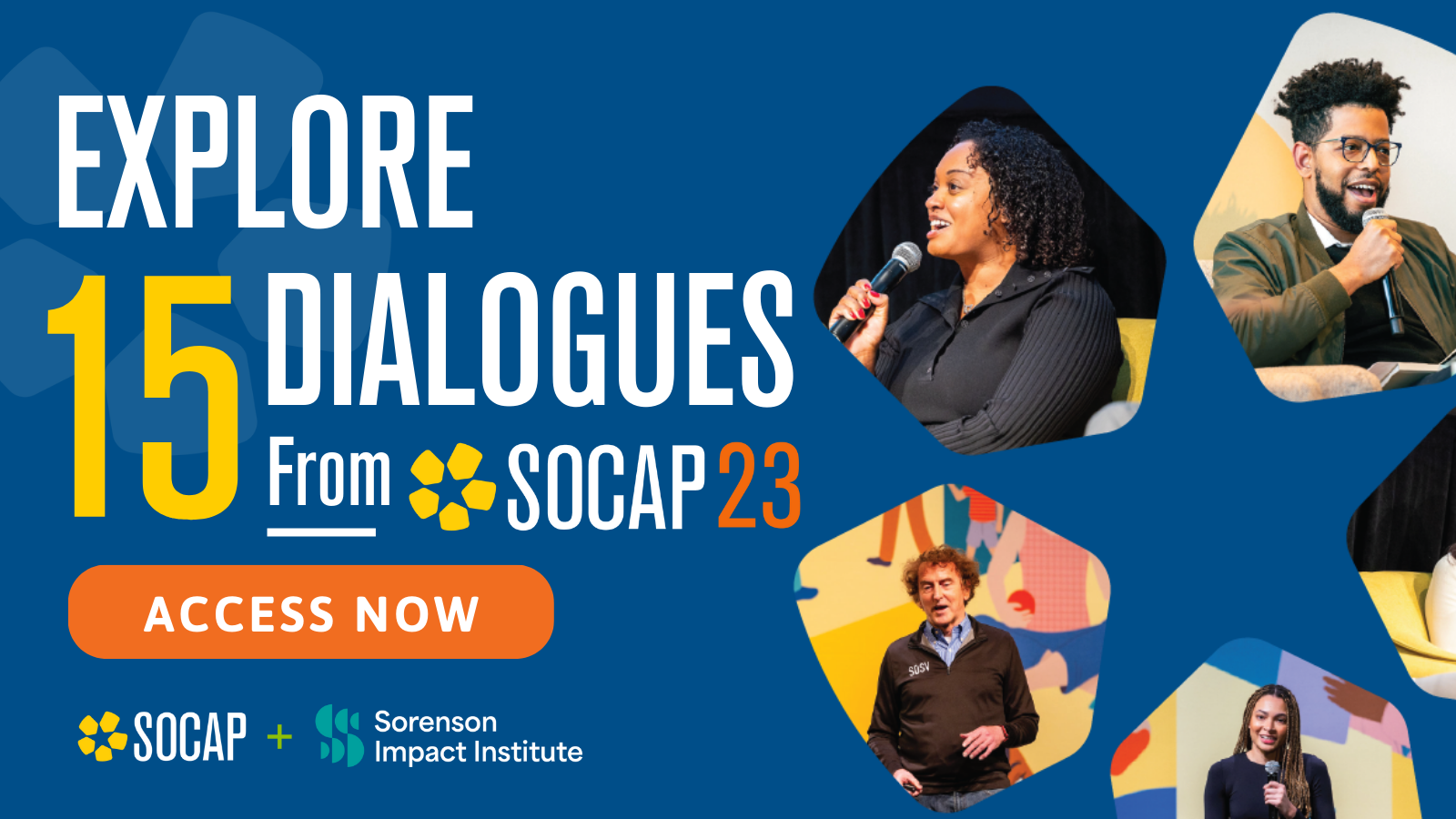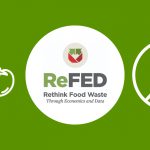Miller Center Entrepreneurs Pitch Enterprising Ideas at SOCAP22
With a focus on social entrepreneurs working to end global poverty and protect the planet, the Miller Center for Social Entrepreneurship at Santa Clara University has been one of SOCAP’s longest-standing partners. At SOCAP22, nine social entrepreneurs from the Miller Center pitched their safe water and climate-smart agriculture solutions that help create pathways out of poverty. The social entrepreneurs were among those in the SOCAP22 Entrepreneur Program through partnerships.
Karen Runde, Program Director at the Miller Center, said the nine social enterprises span African nations including Ghana, Madagascar, Kenya, Zambia, Ethiopia, and Uganda, and the Asia Pacific region, including India, Indonesia, Nepal, and Vietnam. “These enterprises also embody Miller Center’s continued commitment to climate resilience and women’s economic empowerment,” she said. “These entrepreneurs traveled from all over the world to come to Santa Clara University last week to work with their mentors in simulated investor sessions as well as with the broader Santa Clara University community, all with the goal of preparing them to more effectively tell their stories as leaders of change.”
Here’s a look at the Miller Center social entrepreneurs and excerpts from their pitches at SOCAP22. Click on the company name for more information about each of these inspiring social enterprises.
AMAATI
AMAATI is pioneering the revival of the fonio grain in northern Ghana. The social enterprise was formed to help create sustainable livelihoods for women farmers and establish regenerative land management systems. Founder Salma Abdulai saw how his mother and other women in his farming community were prevented from owning land and wanted to do something to give them greater economic opportunity. “We support landless, vulnerable women in deprived communities in rural savanna to cultivate fonio on poor soils that are left abandoned for food and for income,” he said. “We are proud to say that as a pioneering company in Ghana promoting the utilization and cultivation of fonio, we still stand as the only company in West Africa that is intentionally using fonio to solve women’s land access problems and land degradation.”
SaniTap
SaniTap has a mission to implement models and provide services that deliver water, sanitation, and hygiene services. CEO Andrew Tanswell said its restoration program for wells helps ensure safe water supplies for African communities while reducing environmental impact. “The community doesn’t have the money or technical expertise to keep wells going,” he said. “We’ve got a solution … and in doing so we’re going to reduce CO2 emissions.”
Cycle Connect
Cycle Connect is combining income-generating tools, inclusive financing, and training to increase access to economic opportunity for farm families in Uganda. Access to information opens doors in many ways for these farmers, CEO Emmy Okkema said. “We do this through equipping them with productive assets, and at the same time we equip them with the knowledge to use those tools as well as financial literacy training,” she said. While serving more than 12,000 farmers — half of whom are women — Cycle Connect has helped increase their income by an average of more than 30%.
Gravity Water
Gravity Water turns rain into safe drinking water at schools in need around the world through a low-technology approach that incorporates rainwater harvesting, elevated storage, and gravity-fed filtration. This simple, sustainable technology empowers communities to manage, maintain, and implement water supply solutions amid changing climate conditions, said Founder Danny Wright. “We started with one small project in Kathmandu, and through growing completely through local hands, we’ve served over 50,000 children in at-risk communities in both urban and rural environments throughout Nepal, Vietnam, and throughout some other countries as well.”
Miyonga Fresh Greens
Miyonga exports fresh fruits and vegetables from a network of more than 5,000 growers across East Africa to the UK, Norway, Netherlands, Germany, Greece, Ireland, and South Africa. Grace Njoroge, Chief Operations Officer, said the family business works with smallholder farmers to increase their incomes and break cycles of poverty while also reducing food waste. “We’ve impacted thousands of lives,” she said. “We’re able to reduce the carbon emission during transport and also reduce the methane gas of the rotting fruits.”
Sauti East Africa
Working with small and medium enterprises, Sauti East Africa builds, implements, and scales mobile trade and market information solutions. CEO Lance Hadley said the company works to bridge the digital gap that many women traders face in East Africa so they have access to information to trade safely, legally, and profitably. “We did a survey of 11,000 women traders and we found that only 3% had a smartphone,” he said. “We needed to make these ‘invisible’ low-tech populations visible. We needed a systems-level impact.” Through its information platform, Sauti East Africa has assisted more than 80,000 traders and farmers in the region.
Tulip Addis Water Filter
With a goal of expanding access to safe drinking water in Ethiopia, Tulip Addis creates innovative low-cost household filters that improve water quality. Tulip Addis provides training and follow-up sessions for filter users in large project areas. Founder Getaw Cherinet Mekonnel said the filtration system enhances community health and boosts the local economy. Before, people would drink contaminated water. “They didn’t have any choice,” she said.” But then we brought a solution” that is now produced locally in a factory that Tulip Addis built.
The Harvest Fund
This nonprofit social enterprise leverages technology, finance, and training to cultivate independence for marginalized African women in agriculture. Co-Founder Michelle Kurian said she and Axon Mwanza launched The Harvest Fund to change the fact that 60% of the population in Zambia still lives on less than $2 a day. “There is a poor country out there where women grow food but everybody is still poor and hungry,” she said. “We feel like we’re the best suited for this problem because we actually came from families that grew up in destitute poverty and we said we do not want our children, our grandchildren to even know about poverty.” Working with women’s cooperatives, The Harvest Fund provides climate-smart training and technologies to help farmers lengthen their growing seasons.
Warc Africa
Warc Africa has established agricultural production and consulting operations in Sierra Leone and Ghana, where its three farms have a combined cultivated area of 5,000 acres. CEO Christopher Zaw said the company has a mission to get subsistence farmers in Africa out of poverty while helping them become climate heroes. “The 500 million smallholder farmers that live in Sub-Saharan Africa have the potential to feed that continent and also to sink 5 gigatons of carbon, essentially regenerating humanity’s greatest assets: its soils.” Warc’s network of women-led rural trading hubs are a resource for farmers, offering an easy access point for information and services to improve crop yields.







